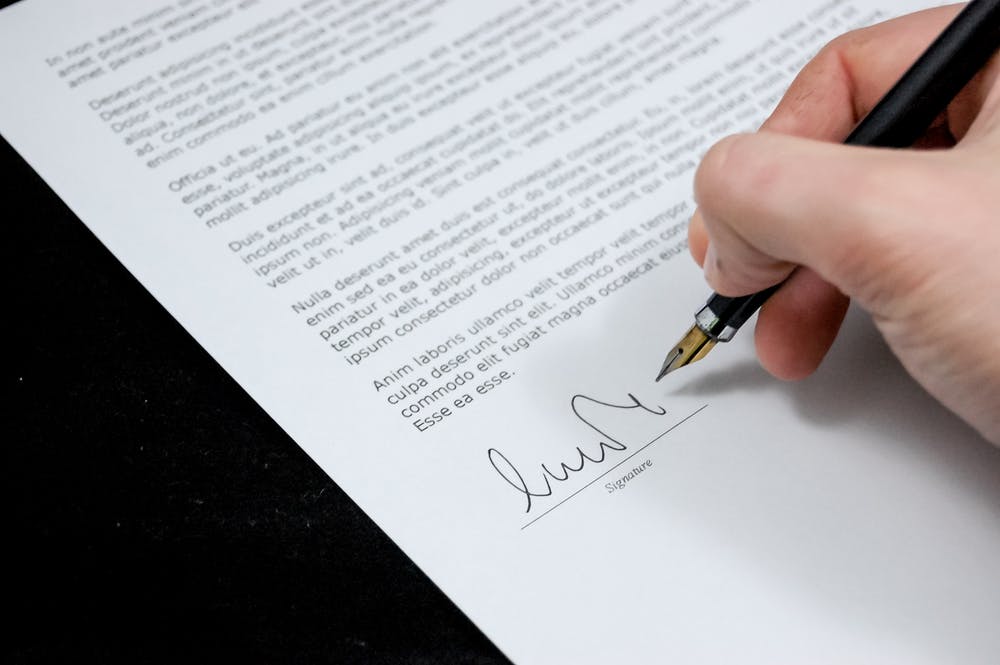There are many films and television scenarios that depict a more fantasised depiction of what it is to be an executor of a will in NSW. While elements are present in the actual process of being the executor of a will in NSW, the reality is a little more litigious than what is expected.
This aims to hopefully shed a little light on the roles and responsibilities in the position and offer a quick comparison between the silver screen and the realities of being an executor of a will in NSW.
Defining The Role
In short, an executor of a will in NSW is a nominated person to oversee and ensure all facets of someone’s estate is executed in the proper manner and adheres to the final requests of the proprietor after their death.
It is quite an honour to be bestowed with such responsibility, however, it is also quite a lot of work if proper care has not been taken by the deceased to get affairs in order to a certain degree to allow a cohesive transfer of assets. An executor of a will in NSW has a stringent set of rules to follow and will have to be prepared for a fair amount of meticulous checking to ensure everything is above board and legally binding.
What’s Involved
Before kicking off into the nitty-gritty of the role, an executor of a will in NSW is advised to always be checking with a family lawyer who has a specialised knowledge in this facet of the legal system. Their advice is invaluable to someone unfamiliar with the definitive aspects of legislation and testaments.
After consulting, there are a few main responsibilities that are involved for the executor of a will in NSW, and you’ll begin to see, it’s not quite Hollywood:
Applying for Probate
Essentially, the first step in becoming an executor of a will in NSW is to apply for a probate which is validating the document and allowing you to perform the litigious duties associated.
Preserving and Gathering Assets

One of the principal aspects of being the executor of a will in NSW is the gathering of, validation of, and subsequent preservation of the assets associated with the testament. This involves a lot of paperwork revolving around ensuring the deceased’s bank account is still actively garnering interest and the tracking down of all documentation relating to estates, superannuation, insurances, debts etc. It’s more or less the main responsibility of the role and will take up a lot of your time depending on the size of the estate left behind.
Court Defence if Required
There’ll be times in your tenure that’ll involve a little more drama, this can be in terms of divides between the recipients of various parts of an estate. This can become very prevalent in familial disputes over the estate. In your role, you will hold the responsibility for representing the deceased in these matters if taken to court.
Income Taxation
All appropriate forms relating to taxation and income tax have to be accounted for, including a notice of death sent to the taxation office which you are legally able to do.
Distribution of Assets
After trolling through every facet of legality surrounding the deceased’s estate, it’s then time to be the executor of a will in NSW and bequeath the remains of the estate to their prospective new owners.
It’s always wise to have specialised counsel by your side when tackling the task of being an executor of a will in NSW, remember to always research the role first before accepting the responsibility.
